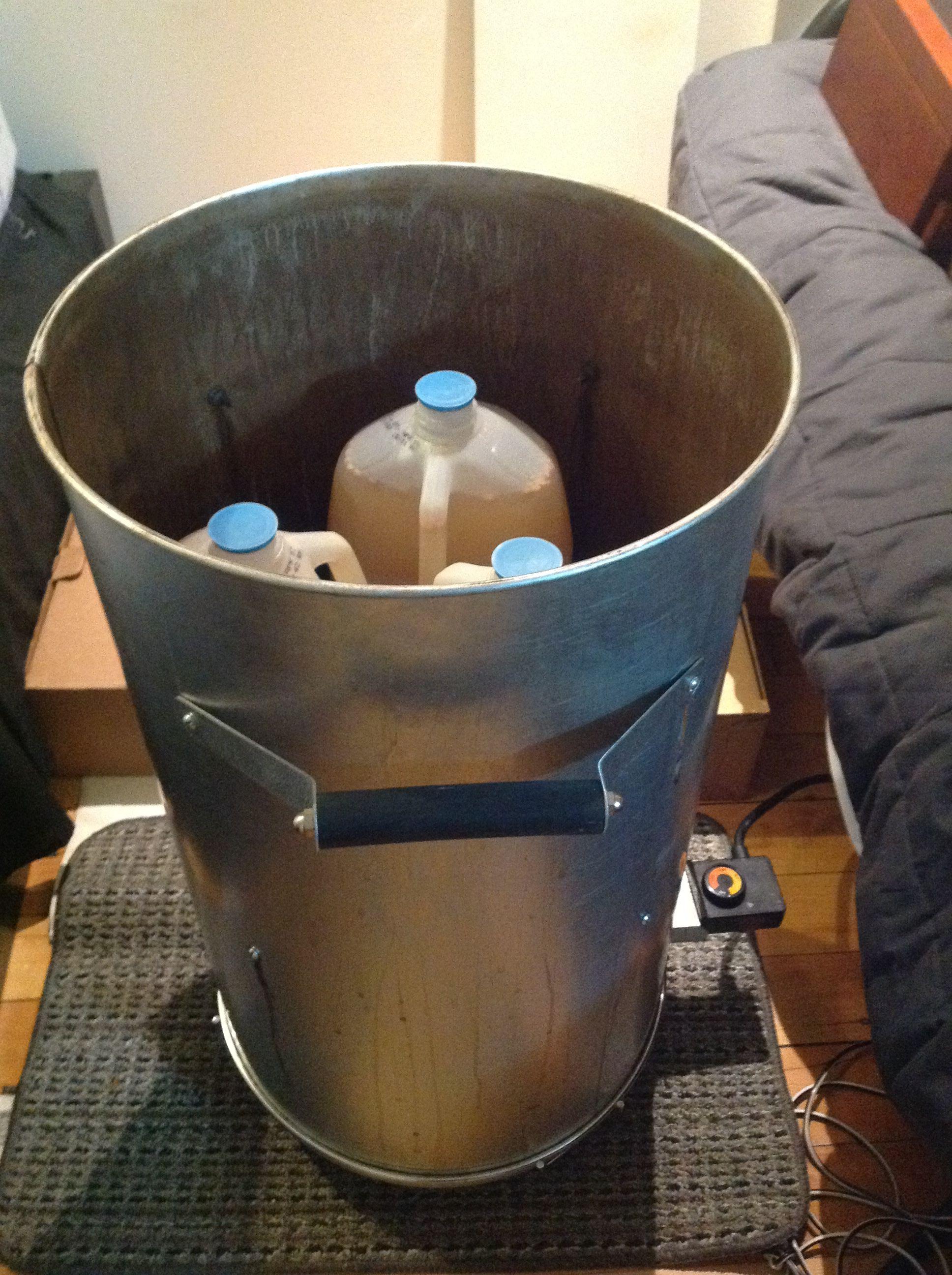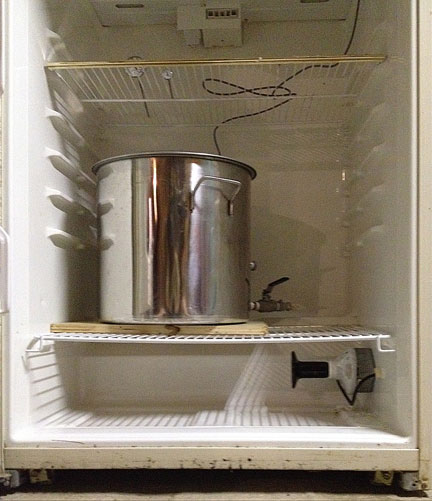Mark_tries_brewing
Well-Known Member
- Joined
- Feb 10, 2014
- Messages
- 105
- Reaction score
- 7
I apologize if this has been brought up already, just started reading the thread and have not gone back through it all yet.
I am still a beginning home brewer but have tried a good number of commercial sours and a few BW. Of those many have not been sour enough in my mind. Generally older/ BA sours more suit me but I did have one sour mash beer that was nicely tart and pretty young. I didn't ask exactly and wish start by saying I have not tried this myself but both from books and this one example brewed by a friend it seems a sour mash can produce a sour pretty quickly.
To clarify by sour mash I mean mashing, no boil, cool to 100, put in sanitized bucket, add crushed pale malted barley (not mashed or anything), cover with foil, close bucket, and then try to keep near 100 for 24 hours. Papazian says 24 should be sufficient, I think my friend (the one I actually tried) went 48. After that boil and continue the rest as normal I believe pitching with regular ale yeast although I could be wrong on that part.
Anyone try this method?
I am still a beginning home brewer but have tried a good number of commercial sours and a few BW. Of those many have not been sour enough in my mind. Generally older/ BA sours more suit me but I did have one sour mash beer that was nicely tart and pretty young. I didn't ask exactly and wish start by saying I have not tried this myself but both from books and this one example brewed by a friend it seems a sour mash can produce a sour pretty quickly.
To clarify by sour mash I mean mashing, no boil, cool to 100, put in sanitized bucket, add crushed pale malted barley (not mashed or anything), cover with foil, close bucket, and then try to keep near 100 for 24 hours. Papazian says 24 should be sufficient, I think my friend (the one I actually tried) went 48. After that boil and continue the rest as normal I believe pitching with regular ale yeast although I could be wrong on that part.
Anyone try this method?




